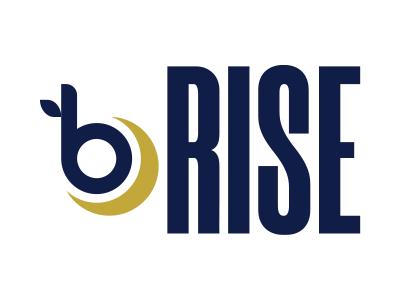A board’s role in corporate governance requires insight, oversight and foresight. Directors on the board must be more vigilant and take informed decisions as the business environment becomes more complex and unpredictable. To ensure the success of a business it is crucial to coordinate efforts among all employees.
A well-formed board will have members with a wide variety of skills and perspectives and are willing to challenge assumptions and perspectives. This will help facilitate more comprehensive discussions and enhance the board’s effectiveness.
As the responsibilities of the board continue to evolve, the board should be prepared to deal with emerging technologies and critical issues such as diversity and climate-related disclosures that may affect a company’s bottom line. It is also essential to create an environment that promotes and encourages continual education and punishes insanity.
The board must set strategic goals and objectives for the short- and long-term and set up mechanisms to monitor progress toward managing data privacy in cloud computing these goals. The board also oversees the chief executive officer and sets the policies and guidelines that govern the company’s operations.
It is the responsibility of the board to determine what risks are acceptable and how to balance them with safeguarding shareholder interests. The board should conduct risk assessments, create guidelines for their own actions as well as the management’s actions and establish accountability systems to fulfill its stewardship responsibility.

